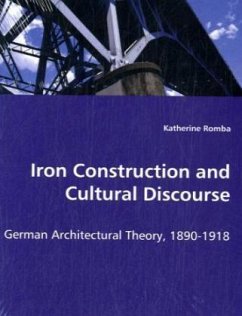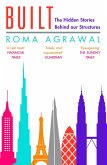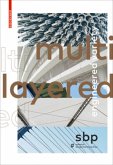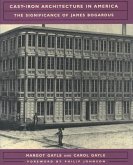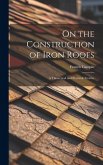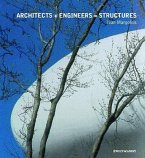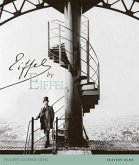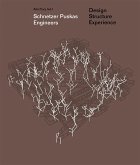From the mid-nineteenth to the early twentieth century, the aesthetic implications of iron engineering were debated in German architectural theory. Historians have traditionally interpreted this debate as evidence of the architectural profession's growing affirmation of the modern ideals of industrial advance and rational thought. This study argues that in the Janus-faced culture of early modern Germany, in which romantic Idealism and rational thought both held sway, architects were not yet convinced that iron construction should be understood solely as a sign of modern progress. During a period of heightened ambivalence toward modernization, architects tested the capacity of iron engineering to accommodate a range of cultural values. Drawing evidence from the theoretical writings of architects and critics, including Hermann Muthesius, Paul Schultze-Naumburg, and Peter Behrens, as well as engineers, such as Franz Reuleaux, this study reveals the range of rhetorical strategies employed to test iron construction's capacity for both Zivilisation and Kultur. The book provides a new perspective on modern building discourse for historians of architecture, engineering, and culture.
Bitte wählen Sie Ihr Anliegen aus.
Rechnungen
Retourenschein anfordern
Bestellstatus
Storno

